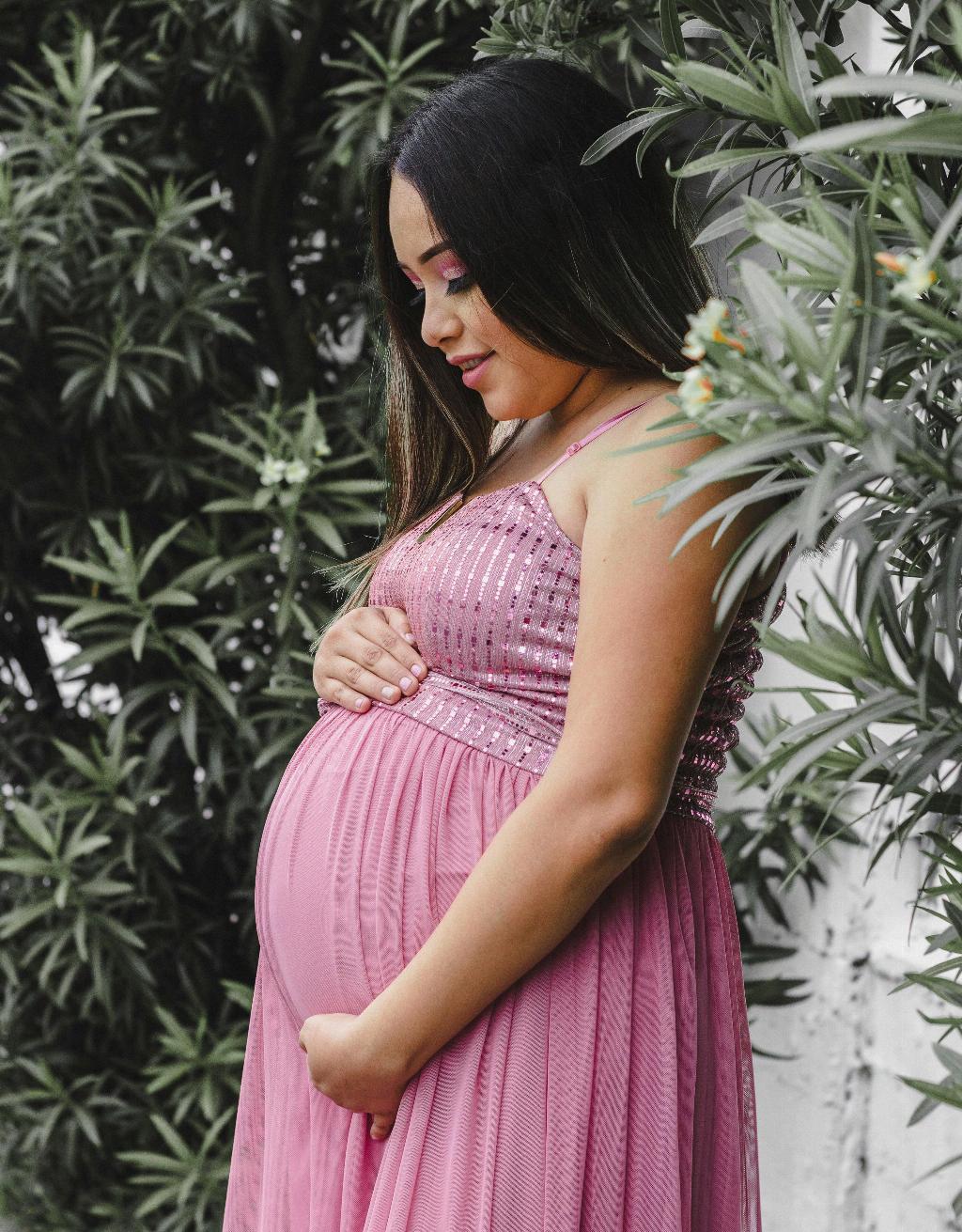Many people wonder about the risks associated with pregnancy after the age of 35. It’s important to consider that as a woman ages, her reproductive system undergoes changes that can have an impact on the pregnancy and the health of the baby. While it is possible to have a healthy pregnancy after 35, there are certain risks that come with advanced maternal age.
One of the primary concerns with pregnancy after 35 is the increased likelihood of pregnancy-related complications. Women over 35 are at a higher risk of developing conditions such as gestational diabetes and preeclampsia, which can have serious implications for both the mother and the baby. These complications may require more monitoring and medical intervention to ensure the health and safety of both.
Another significant risk associated with pregnancy after 35 is the higher likelihood of having a Cesarean section delivery. As women age, the muscles in the uterus may not work as efficiently, leading to a higher possibility of complications during labor that necessitate a C-section. While a C-section is a common and safe procedure, it does come with its own set of risks and recovery considerations.
Beyond pregnancy-related complications, there is also an increased risk of chromosomal abnormalities in babies born to older mothers. As women age, the quality of their eggs declines, which can lead to a higher likelihood of chromosomal conditions such as Down syndrome. This is why genetic testing and counseling are often recommended for women over 35 to assess the risk and make informed decisions about their pregnancy.
It’s important to note that while there are risks associated with pregnancy after 35, many women in this age group go on to have healthy pregnancies and deliver healthy babies. Regular prenatal care, a healthy lifestyle, and open communication with healthcare providers can help mitigate some of the risks and ensure the best possible outcomes for both the mother and the baby.
Overall, the decision to have a baby after the age of 35 is a personal one that should be made after considering all the factors at play. While there are increased risks associated with pregnancy at this age, many women successfully navigate these challenges and have positive pregnancy experiences. It’s essential to have open and honest discussions with healthcare providers to address any concerns and make informed decisions about pregnancy after 35.
In conclusion, pregnancy after 35 does come with its own set of risks, including pregnancy-related complications, a higher likelihood of C-section delivery, and an increased risk of chromosomal abnormalities in babies. However, it’s important to recognize that many women in this age group have healthy pregnancies and deliveries. By staying informed, seeking proper medical care, and taking necessary precautions, women can increase their chances of a positive pregnancy experience after the age of 35.

